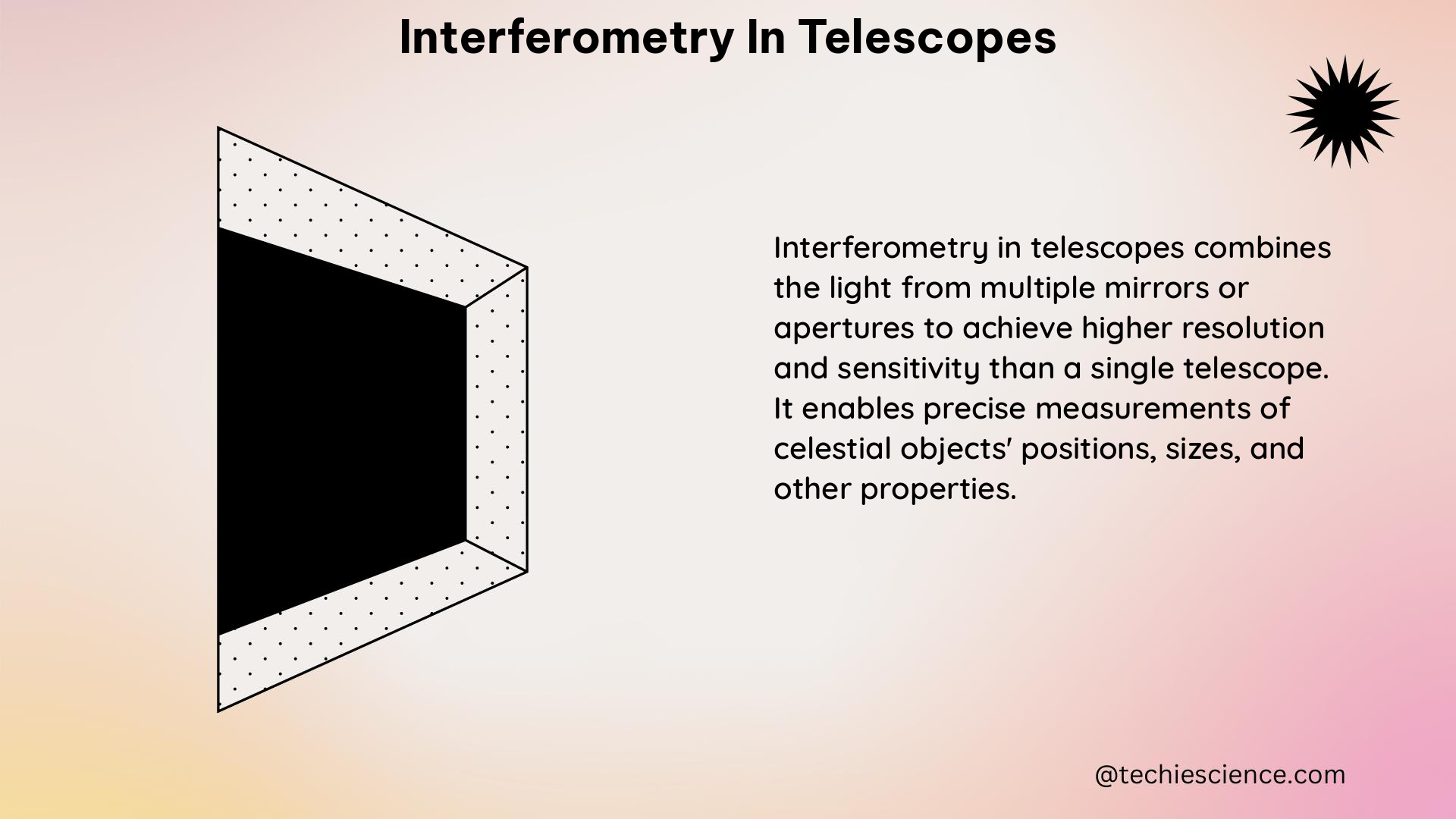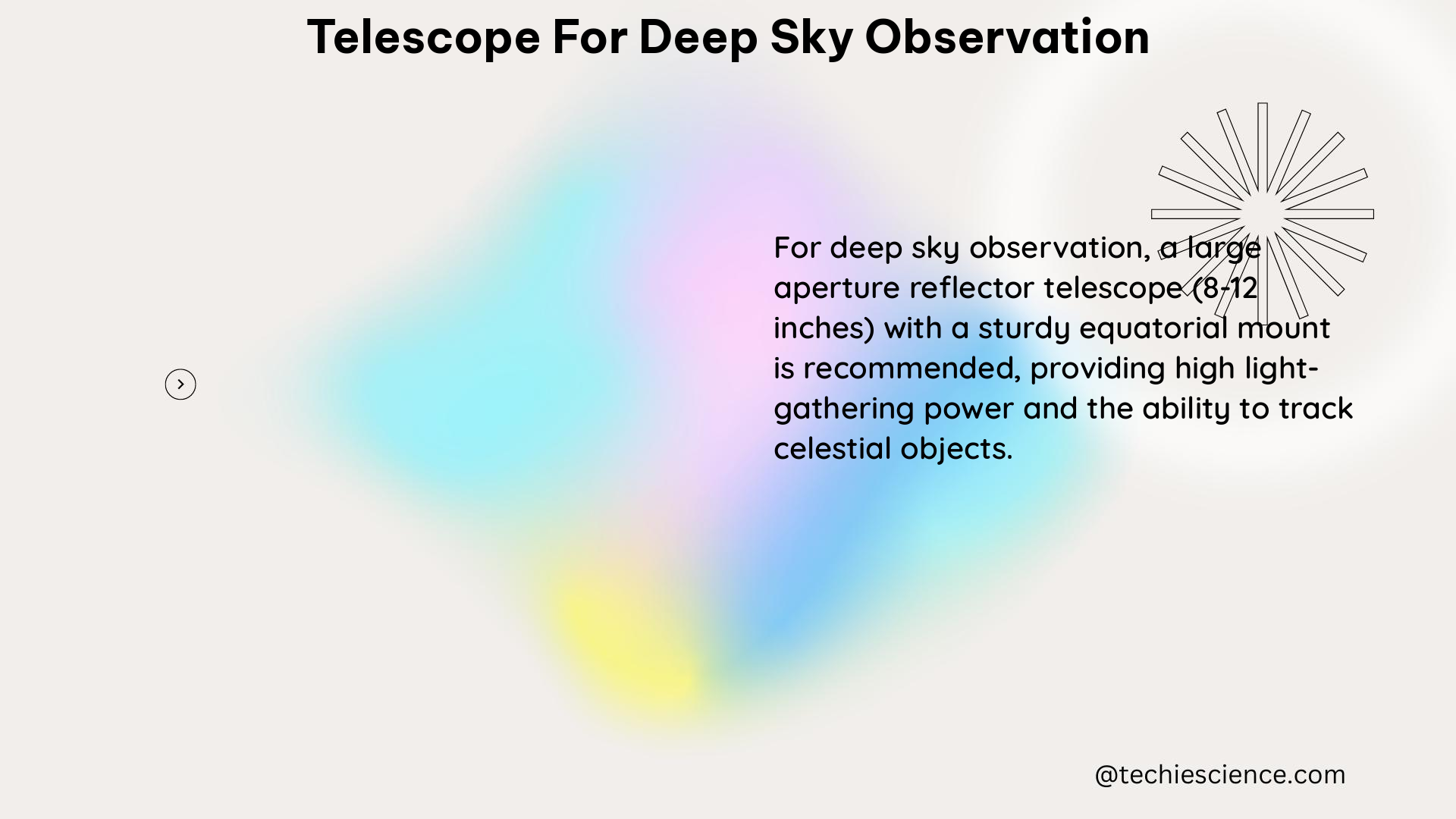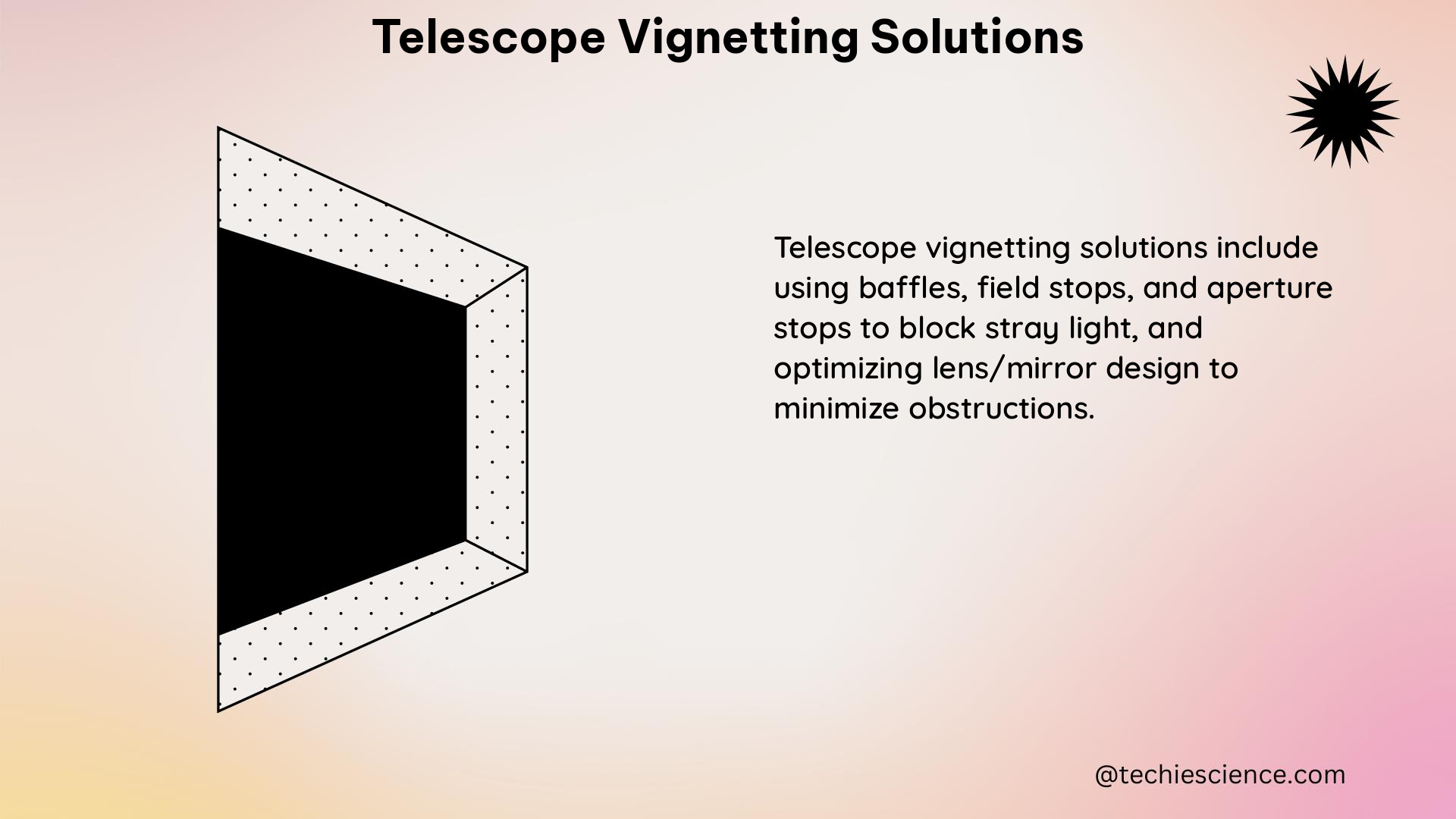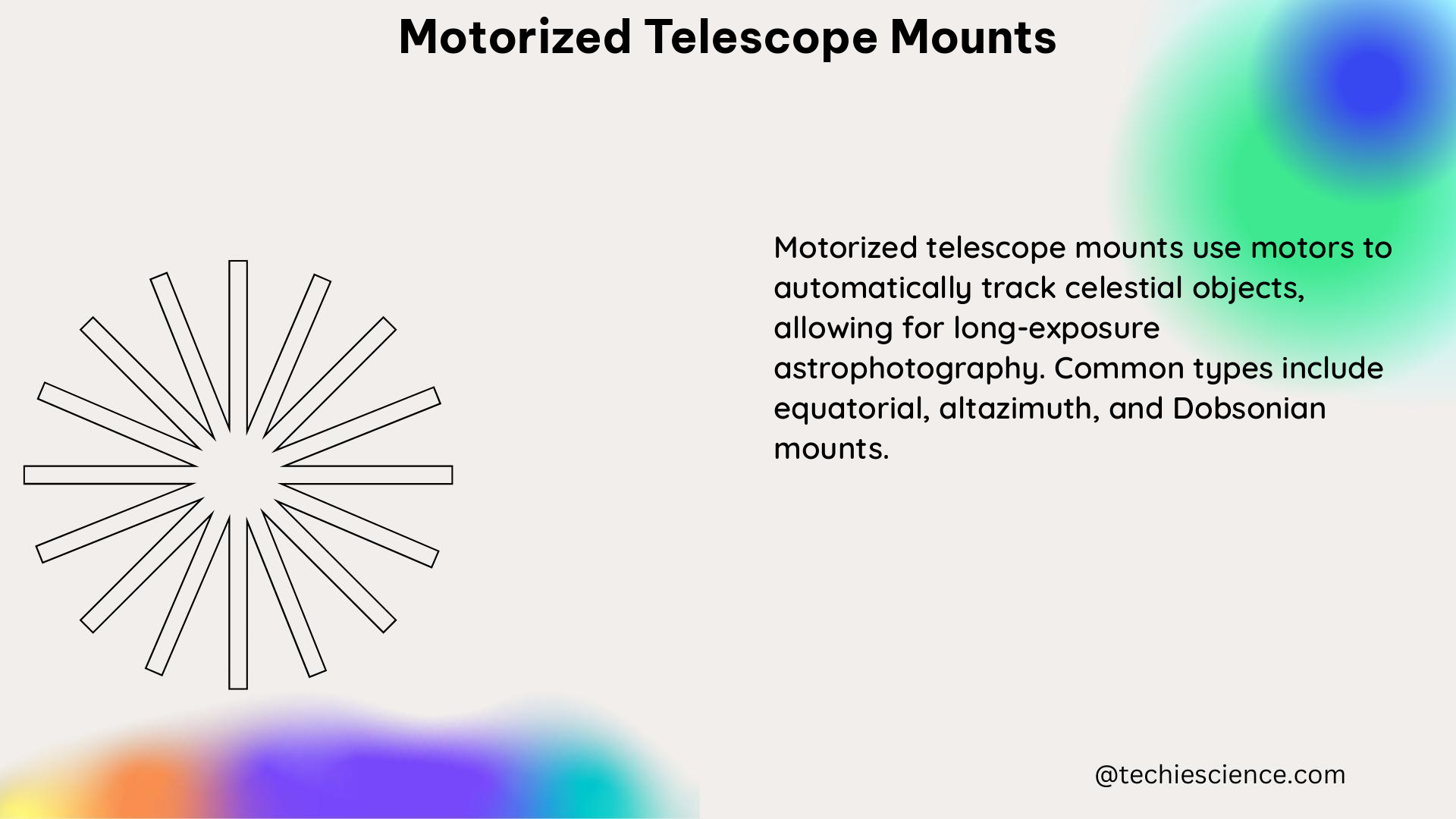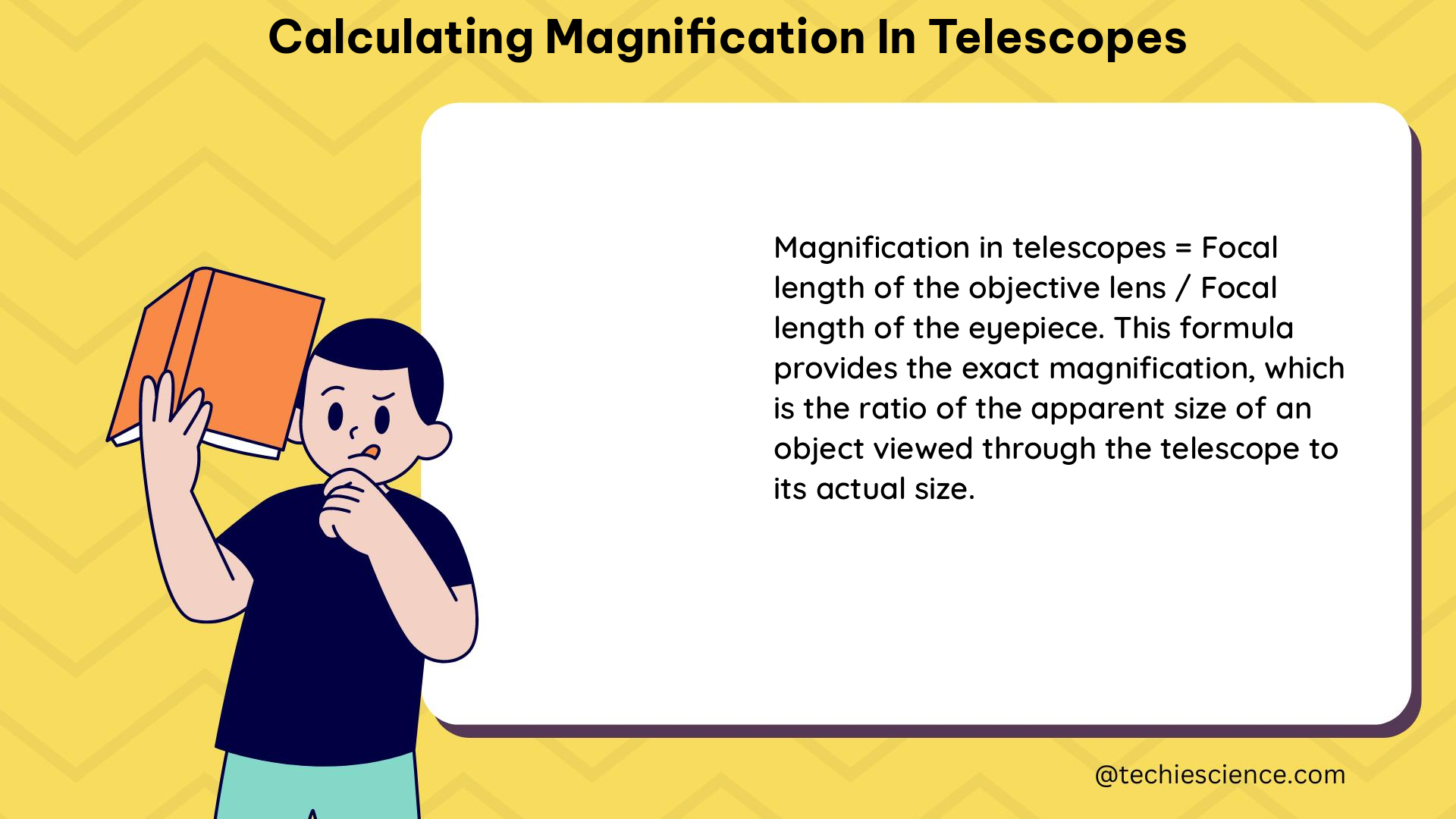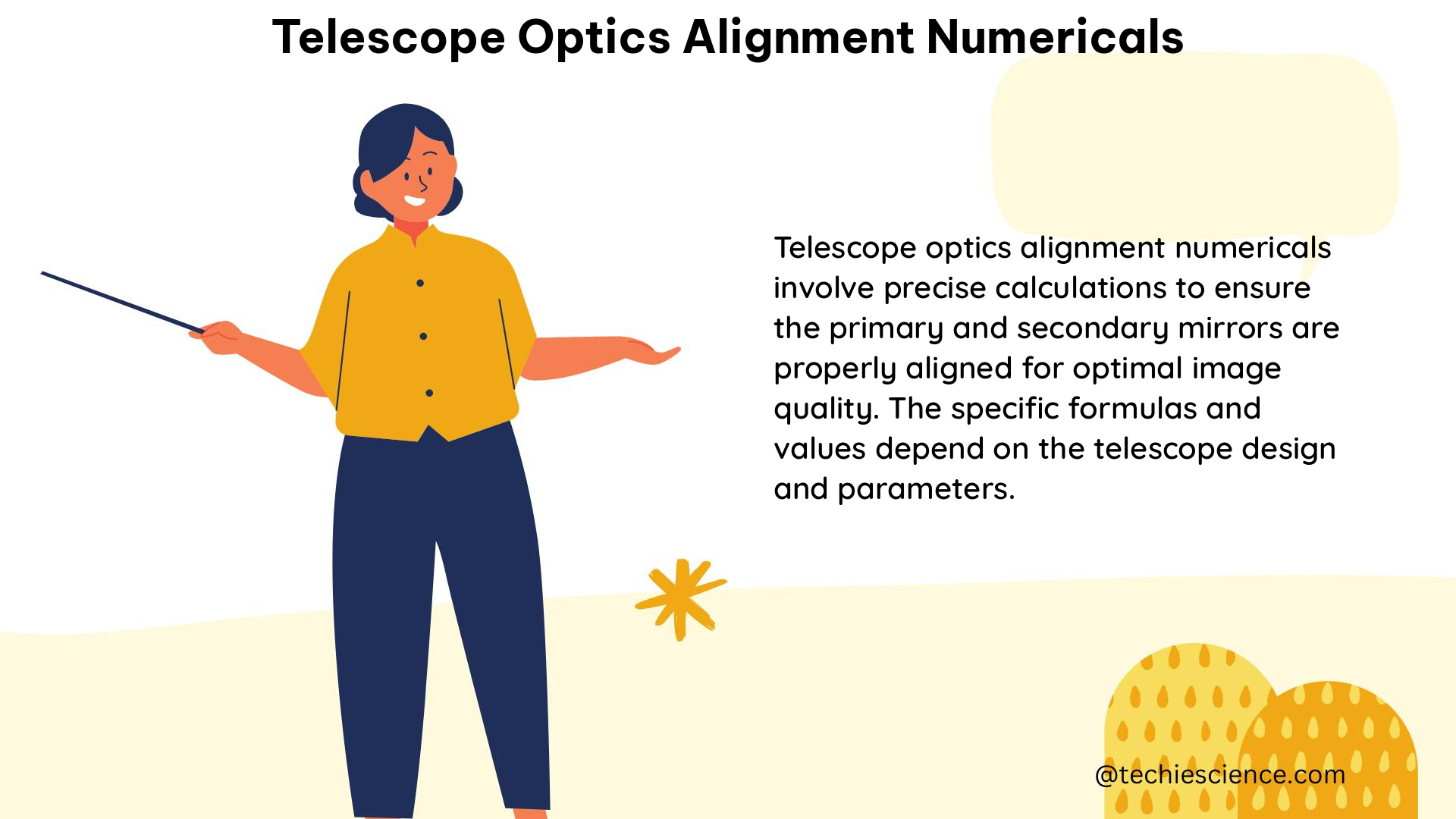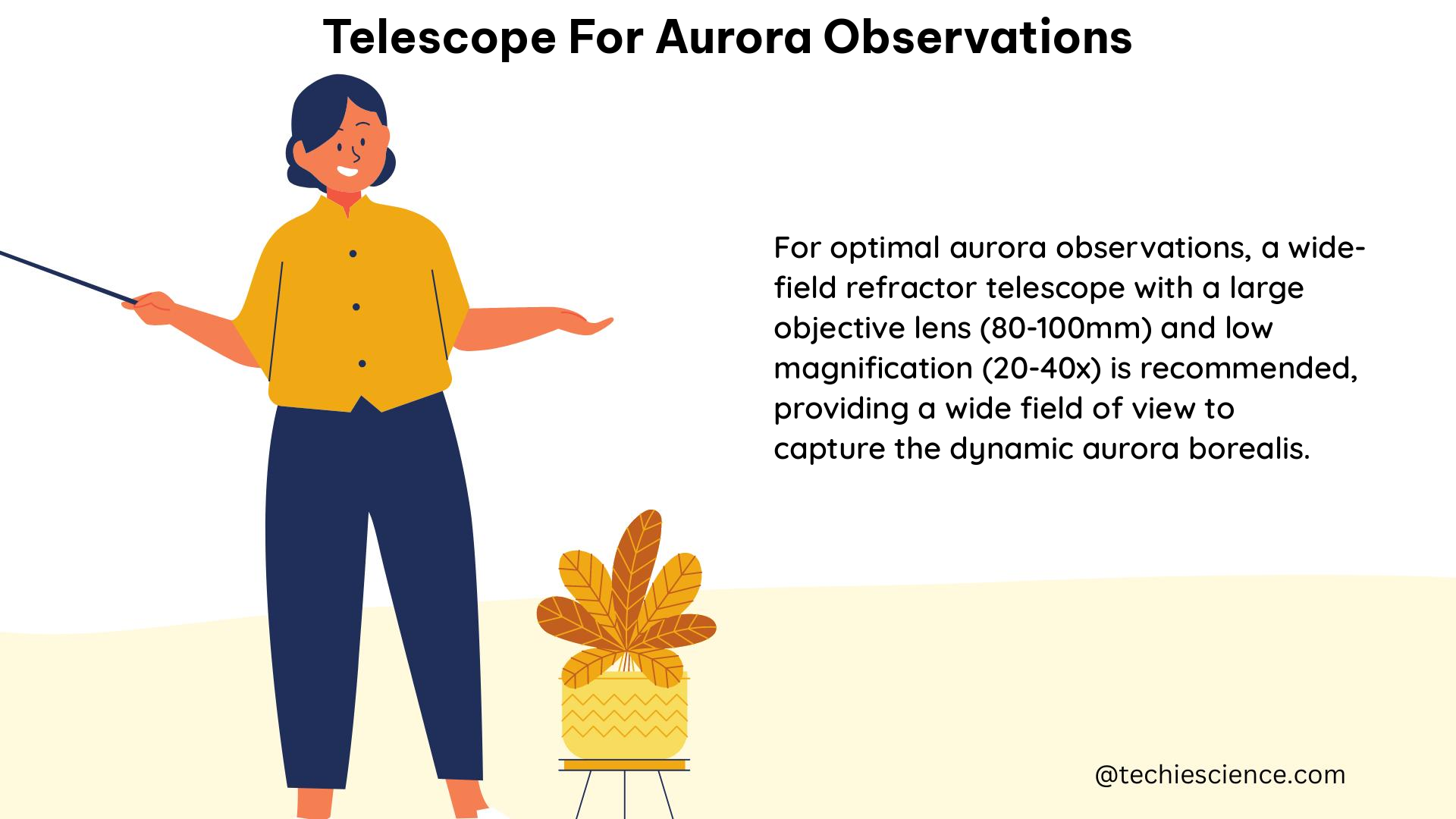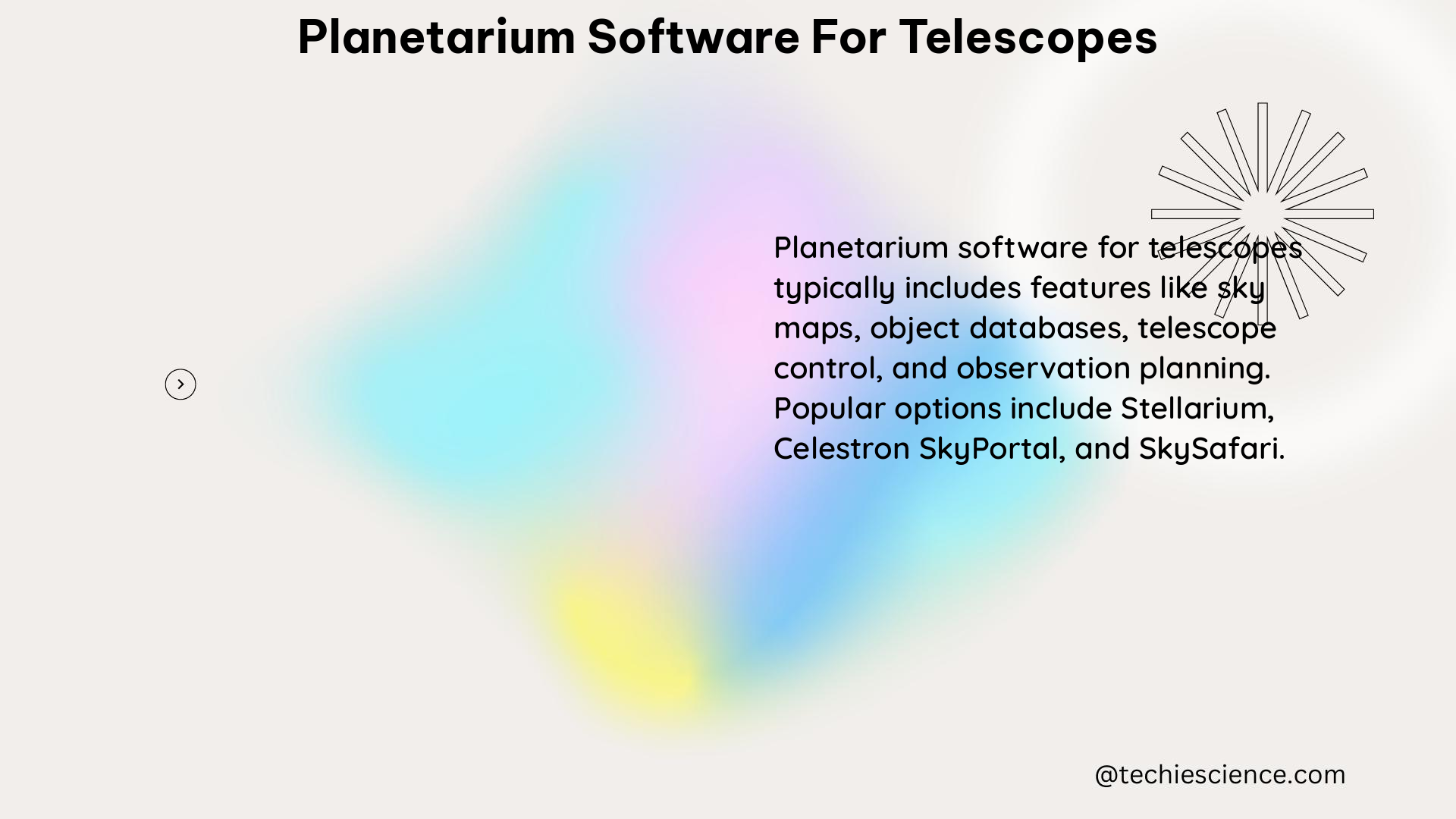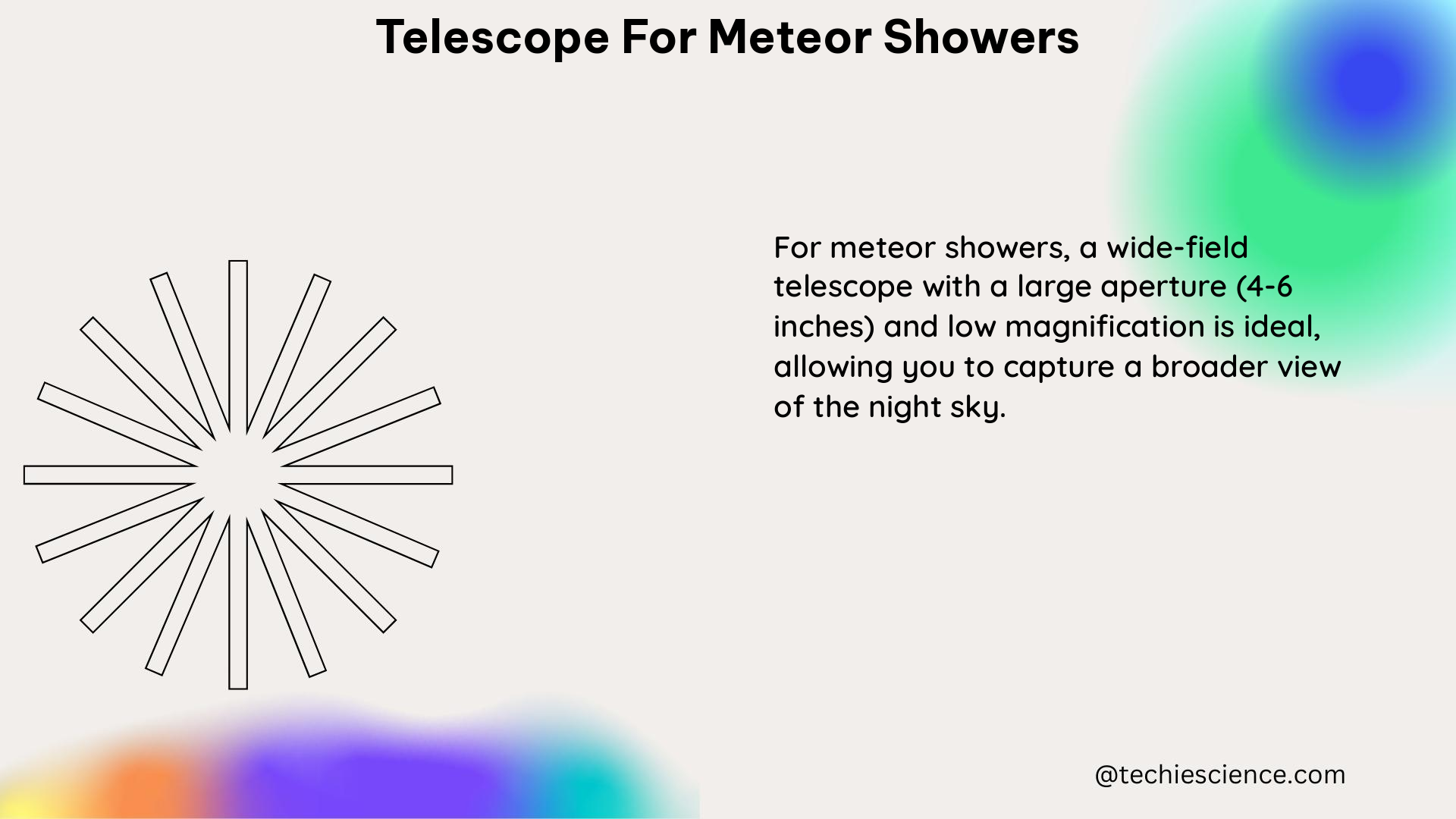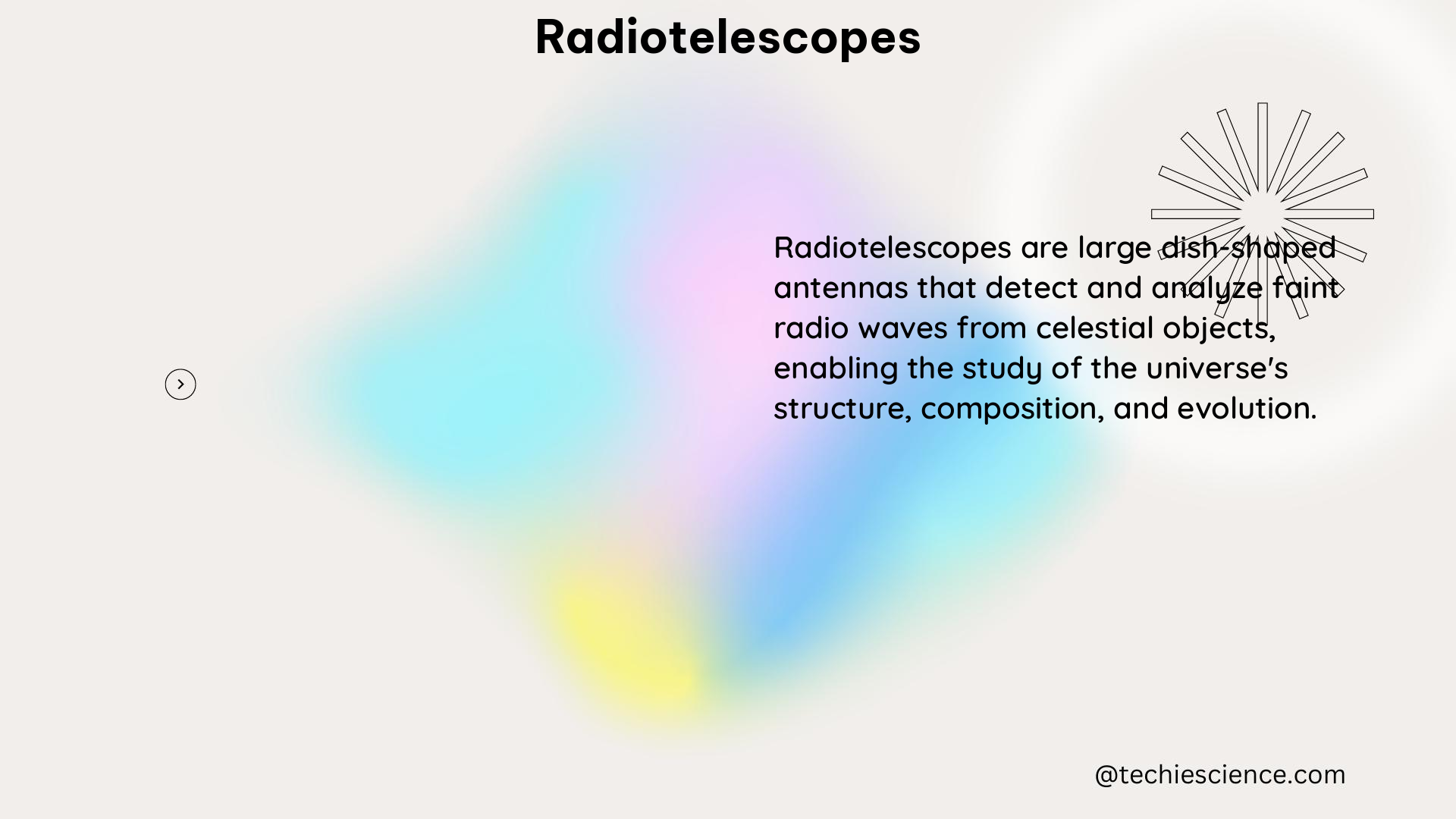Interferometry in Telescopes: A Comprehensive Guide
Interferometry is a powerful technique used in astronomical observations, allowing for the precise measurement of the properties of celestial objects. In the context of telescopes, interferometry plays a crucial role in enhancing the resolution and sensitivity of these instruments, enabling us to uncover the finer details of the universe. This comprehensive guide delves into the … Read more
